Tensions stayed high between the US and China as they ended 2020 in the same increasingly confrontational manner that characterised the rest of this deeply troubled year: swapping sanctions and accusations of foul play. This article is a summary of important news related to China US relations in December 2020.
Even as time ticked down on his administration, President Trump and his opposite number kept the Sino-US relationship in turmoil with several moves that underscored strained ties between the world’s two strongest economies. China expressed anger after Trump signed into law measures to bolster support for Tibet and Taiwan, including sanctions against Chinese officials who interfere in the selection of the Dalai Lama’s successor, and support for Taiwan’s meaningful participation in UN bodies and regular arms sales.
The US ambassador to the UN will visit Taiwan, said US Secretary of State Mike Pompeo, who called Taiwan “a reliable partner and vibrant democracy that has flourished despite Beijing’s efforts”.
The US and Chinese militaries blamed each other for the PLA’s ‘no-show’ at a virtual meeting to ensure sea and air safety, the latest sign of tensions in the military sphere. The US Navy, Marine Corps and Coast Guard released a joint strategy document to make preparations for a high-end war with China, and counter the day-to-day competition, sometimes called gray-zone operations, that China currently conducts.
US Secretary of Commerce Wilbur Ross called China the major economic and military threat to Asia, as the Trump administration called on Beijing to fulfil its commitments under the two countries’ interim deal to end a costly trade war. But Trump does not plan to impose additional tariffs on Chinese goods before Joe Biden takes office in January, claimed White House economic adviser Larry Kudlow.
Biden will not immediately cancel Trump’s trade agreement, nor take steps to remove tariffs on Chinese exports. “The best China strategy, I think, is one which gets every one of our – or at least what used to be our – allies on the same page,” he said. His nominee for US trade representative, Taiwanese-American Katherine Tai, will target abusive trade practices by China in a sign the trade war will continue.
China imposed reciprocal sanctions on US administration officials and congressional and NGO staff in retaliation for US sanctions against 14 vice chairpersons of China’s National People’s Congress Standing Committee. Washington imposed the sanctions to amplify its opposition to Hong Kong’s national security law, and targeting those it deemed responsible for implementing the legislation.
The US House of Representatives passed a law to kick Chinese companies off US stock exchanges if they do not fully comply with auditing rules. The Trump administration expanded economic pressure by banning cotton imports from Xinjiang’s powerful, quasi-military organisation XPCC. China accused American officials of harassing Chinese airline and shipping crews that arrive in the US in attempts to single out Communist Party members.
The US has badly misread Xi Jinping, wrote Jeremy Page in the Wall Street Journal: “Hoping for a globalist, it got an autocrat”, who can rule for life. Early hopes that Xi sought closer integration with the US-led global order have become one of the biggest strategic miscalculations of the post-Cold War era.
In December, Beijing celebrated the safe return of a lunar module delivering China’s first moon rocks, 48 years after the USA’s last sample-gathering visit. Back on earth, amid talk of a new Cold War, its two major powers remain dangerously divided on multiple issues.

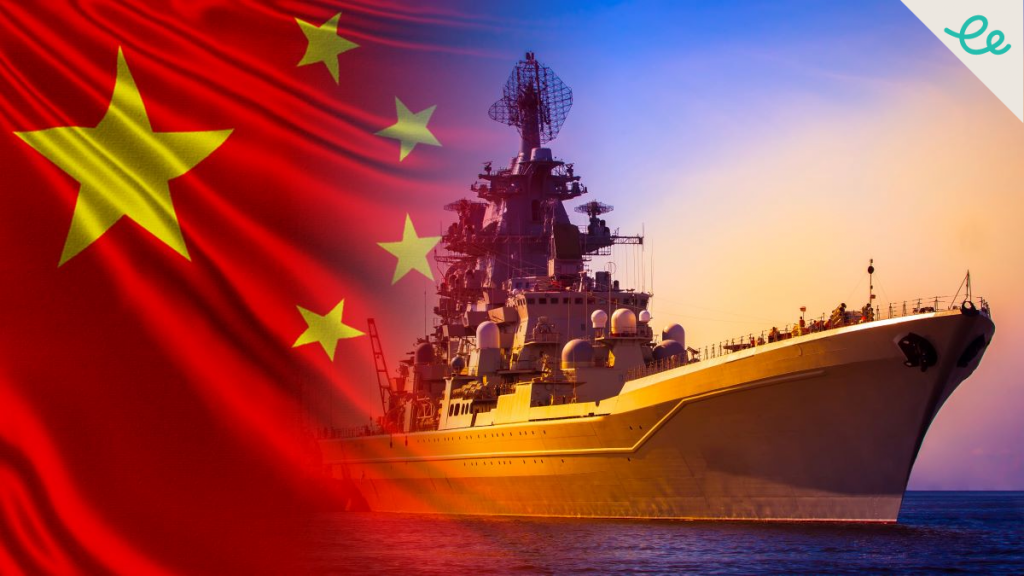
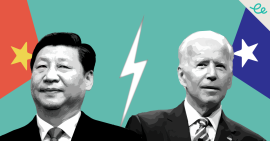
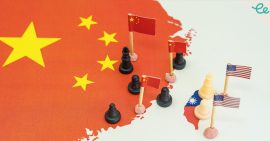
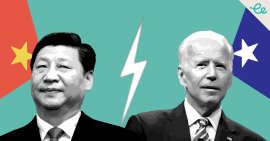
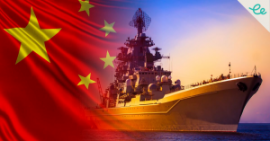

Comments are closed.